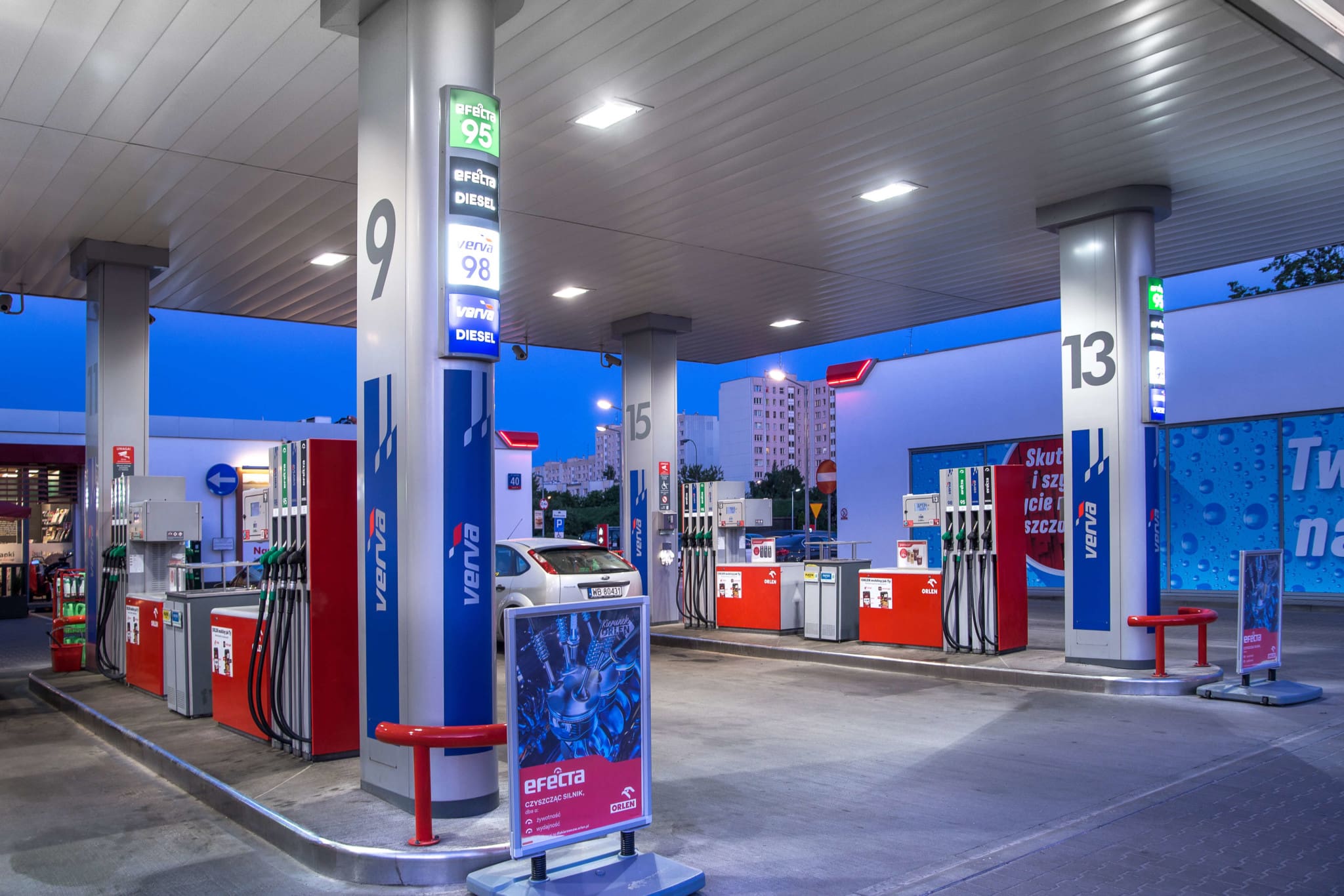Fuel tourism is booming along the Polish-Czech border, with many Czechs crossing over to Poland to take advantage of significantly lower fuel prices.
“It’s sheer madness. The Czechs are buying everything in sight,” says Julia Adamiak, who works at an Orlen station near the Polish-Czech border in Kudowa-Zdroj. Reduced fuel prices in Poland are luring its southern neighbors.
Money.pl finance news outlets examined the price differences across the border. According to the report, as prices soar in neighboring countries, they are noticeably decreasing in Poland.
At the Orlen station in Kudowa-Zdroj, near the Czech border, a liter of 95-octane gasoline was priced at 6.07 PLN (€1.32) on Wednesday, while a liter of diesel was 6.02 PLN (€1.31). The competition charges more. In the same town, filling up at a Shell station would cost 6.24 PLN (€1.36) for gasoline and 6.19 PLN (€1.34) for diesel.
“Only a madman wouldn’t choose to fill up here,” says Jan Bubencik, whom Money.pl reporters met at the Orlen station on the Polish side. He mentions that in the Czech Republic, the price for a liter of gasoline ranges from 38 to 42 Czech crowns (€1.56 to €1.72), depending on the location.
Julia Adamiak, who works at the Orlen station near the border, confirms the trend.
“Since 6:45 a.m., 98 percent of our customers have been Czechs. It’s absolute chaos. They are purchasing everything — not just fuel, but also cartons of cigarettes,” she said. Indeed, the station’s cigarette shelves are nearly empty.
Crossing over to the Czech side, prices at their Orlen station, branded as Benzina, are higher. There, 95-octane gasoline costs 38.90 Czech crowns (€1.59 or 7.38 Polish zlotys) per liter, and diesel is 38.60 crowns (€1.58 or 7.32 zlotys).
Analysts from Goldman Sachs noted an “anomaly” in Polish fuel prices at the end of August. While prices in the Czech Republic, Slovakia, and Hungary rose with the global crude oil prices last summer, they didn’t in Poland. This discrepancy reminded many of the so-called “Orlen miracle” from the turn of the year when, despite a VAT increase, fuel prices barely changed.
Orlen, which controls 65 percent of the Polish fuel market and is also a wholesale supplier for other networks, emphasized that retail fuel prices are primarily a derivative of wholesale prices in a given market. Factors such as fuel sources, raw material costs, fiscal burdens, production and service costs, including energy, logistics, and labor costs, all play a role.
The phenomenon of drivers exploiting price differences between neighboring countries is common.
“From Orlen’s perspective in Poland, it currently isn’t significant in scale,” the company stated, repeatedly indicating its policy aims at “price stabilization.”





